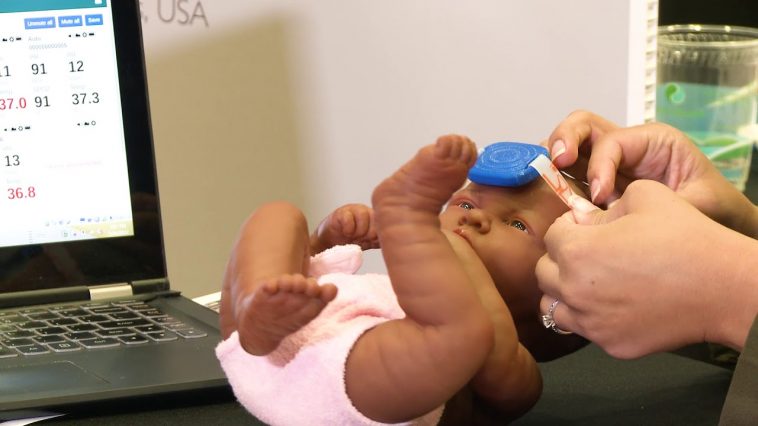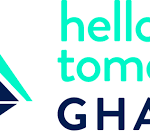Neopenda, a medical service company from the US, has launched lifesaving biotechnology for Ugandan neonates. The company is a social venture that majors on having a social impact while maintaining financial stability. It aims at improving the health of neonates by developing high tech healthcare technologies. The technology would help vulnerable populations in developing countries. The startup has a huge team of engineers, professionals in healthcare and entrepreneurship and global health experts.
The Neopenda’s initiative started three years ago. It aims at helping to control the high rate of infant mortality in Uganda. It will do that by improving the health of Ugandan neonates. The World Health Organization (WHO) reported that around 3 million neonates die each year in developing countries. This is because there are no adequate resources in the hospitals.
Many neonatal centers in these countries lack the required equipment. They also lack the human resources needed to cure treatable diseases. This makes it hard to notice the distress of the vulnerable babies. But Neopenda has come in to narrow the wide gap by developing a four in one wearable essential signs monitor. The monitor helps nurses by offering them enough information about the neonates.
According to Neopenda’s CEO Sona Shah, the four in one wearable sign monitor was designed specifically to advance the care of seriously sick born babies. He said that the device uses two sensors that measure temperature, saturation of blood oxygen, the rate of breathing, and the heart rate. It does that until they are stable and in a better condition. After monitoring the conditions of the neonates, the device then transfers the data into a centralized dashboard or a tablet. They then alert the nurses or doctors on the state of the baby.
The fully build software also shows the essential signs of the baby. It also generates trend plots, adjusts table alerts thresholds and transfers histories of patients. The device uses FCC a Bluetooth Low Energy transmitter which is approved and worked under all safety standards. Sona added that the device’s battery capacity could last for 5 to 6 days after which it is rechargeable. She said that Neopenda would expand and pilot the device in Cote d’Ivoire by the end of 2018.



